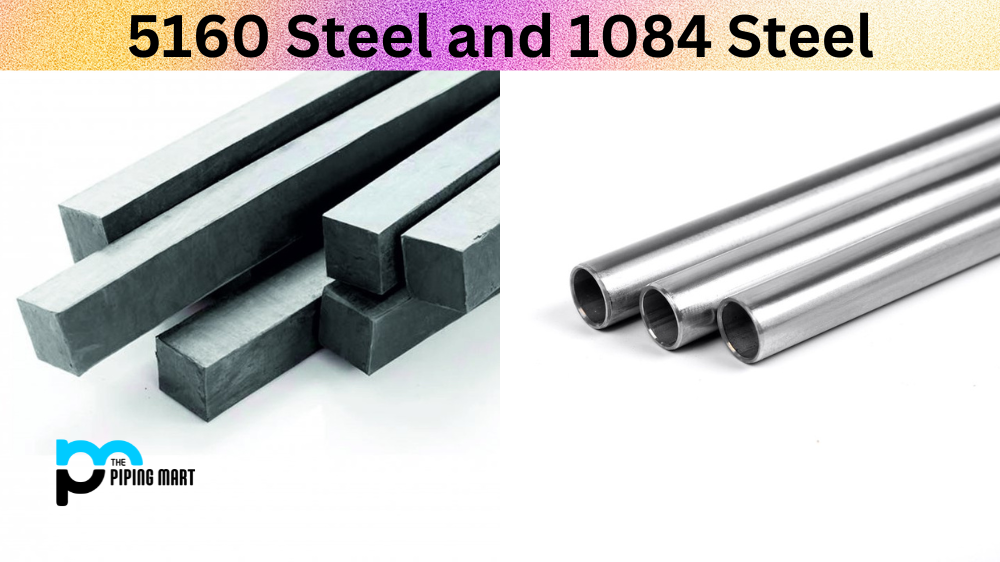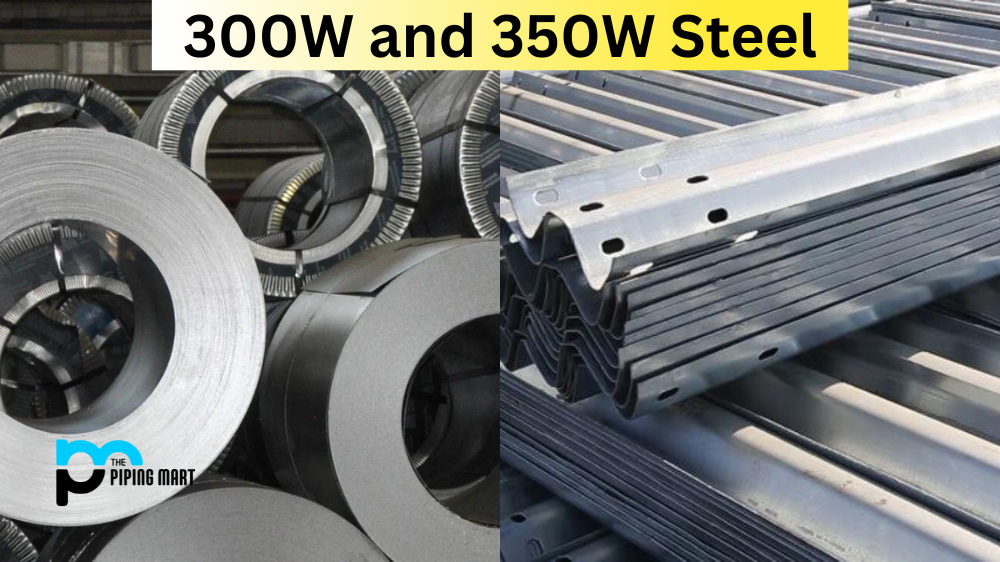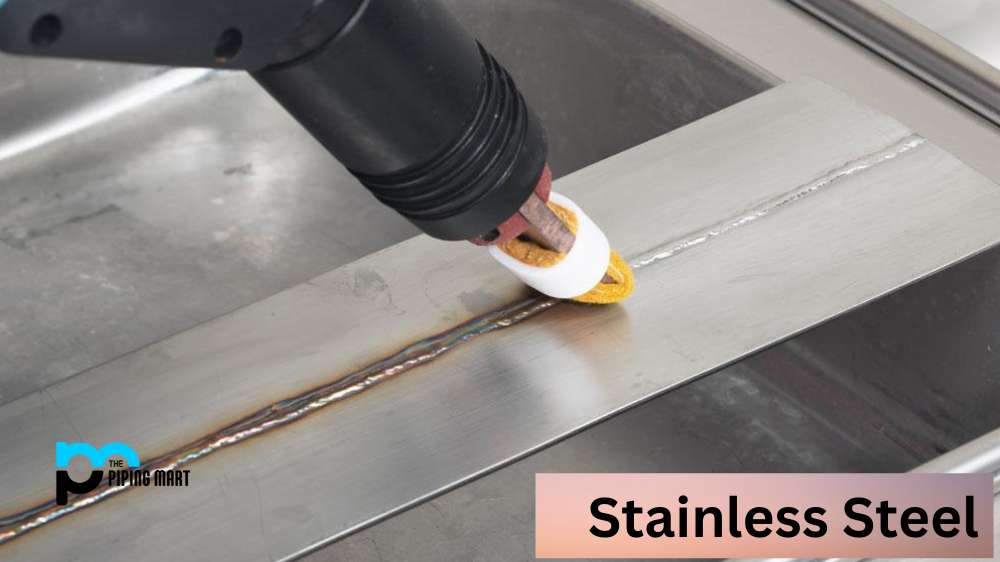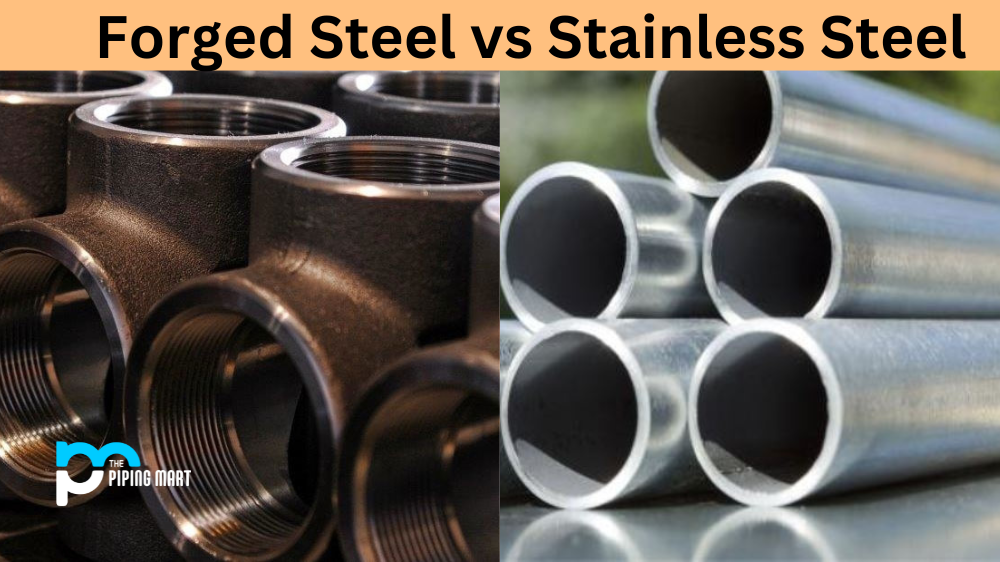Choosing the right steel for knives can be tough, especially when many options are available. Two popular types of steel used for knives are 5160 and 1084. However, these steel types have unique characteristics that differentiate them. This blog post will discuss the differences between 5160 and 1084 steel and help you decide which is best for your knife.
Difference Between 5160 Steel and 1084 Steel
Composition
The steel composition plays a significant role in determining the knife’s performance. 5160 steel is a low alloy that contains 0.6-0.7% carbon, 0.75-1% manganese, and 0.15-0.25% chromium. On the other hand, 1084 steel is a high-carbon steel that contains 0.74-0.84% carbon and 0.60-0.90% manganese. This makes 5160 steel tougher and more impact-resistant than 1084 steel, making it better suited for knives that experience high-stress or high-impact use.
Heat Treatment
The heat treatment is crucial for achieving the right balance of toughness, hardness, and edge retention in knives. 5160 steel requires a more complex heat treatment process than 1084 steel. It must be quenched in oil or water and then tempered at 350-375°F for optimal results. On the other hand, 1084 steel requires a simple heat treatment process. It can be quenched in water and tempered at 350-400°F for optimal results. This means that 1084 steel is easier to heat treat than 5160 steel and can be a good choice for beginners.
Blade Retention
Blade retention is key when choosing the right steel for your knife. 5160 steel has good blade retention and can hold an edge for longer than 1084 steel. However, since 5160 steel is tougher, it can be more challenging to sharpen, making it suitable for knives that require heavy-duty use. 1084 steel also has good blade retention, but since it is more basic steel, it is easier to sharpen when compared to 5160 steel. This makes 1084 steel a good choice for knives that must be sharpened frequently.
Corrosion Resistance
Corrosion resistance is another essential factor in knife steel selection. 5160 steel has moderate corrosion resistance and can resist rust and stains when adequately cared for. 1084 steel, on the other hand, has low corrosion resistance and can be more prone to rust and stains. This means that 1084 steel requires regular maintenance and care to keep it in good condition.
Conclusion
In conclusion, choosing between 5160 and 1084 steel depends on your needs and preferences. If you need an exceptionally tough knife with good blade retention and moderate corrosion resistance, 5160 steel is the right choice. However, if you require a knife that is easy to sharpen, with good blade retention and basic corrosion resistance, then 1084 steel is the steel for you. Consider what you would prioritize in a knife and use the information in this post to make an informed decision, and you will surely find the perfect steel for your knife that will meet your needs and exceed your expectations.

Meet Bhavesh, a seasoned blogger with a wealth of knowledge and experience. From metal products manufacturing to retail, Bhavesh has a diverse background in various industries and is dedicated to sharing his insights and expertise with readers.




